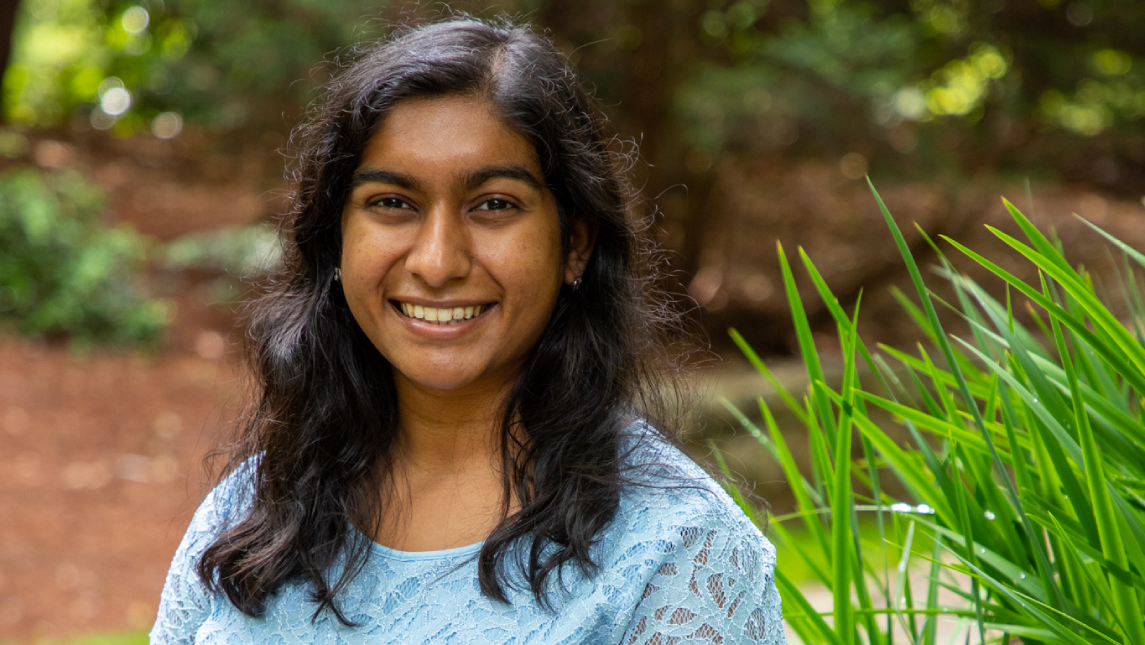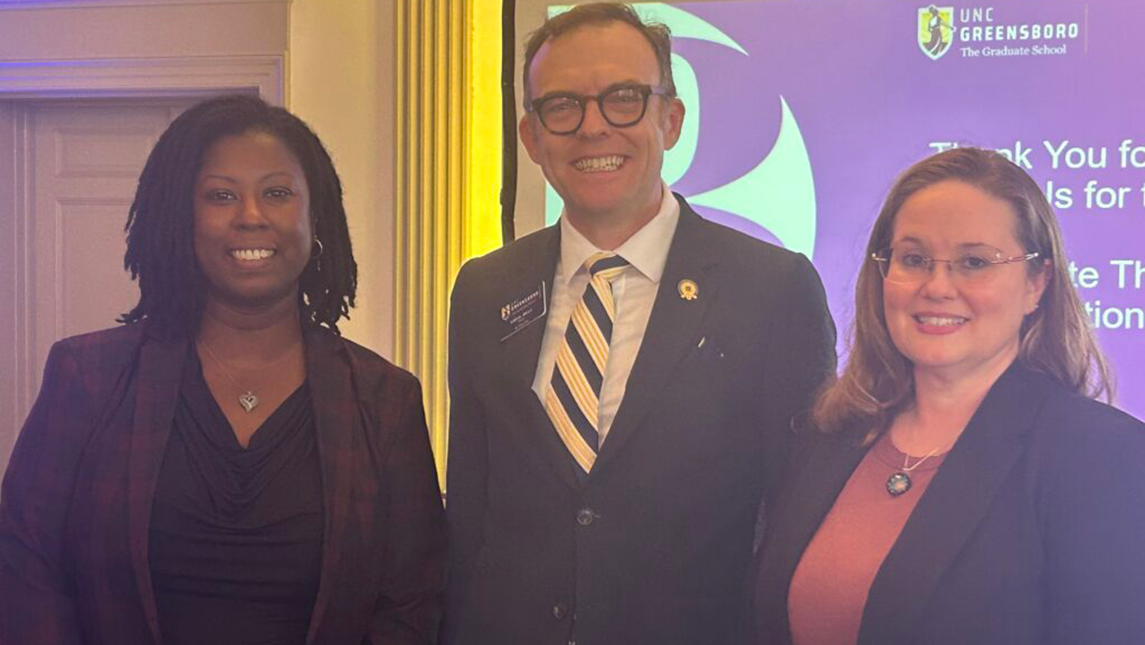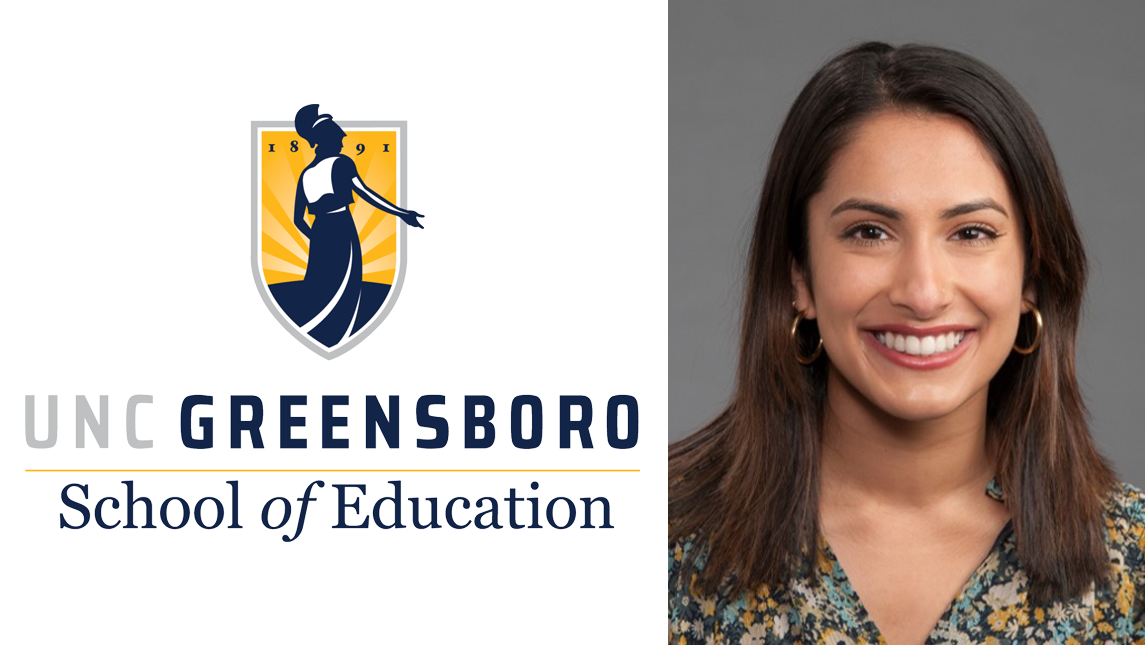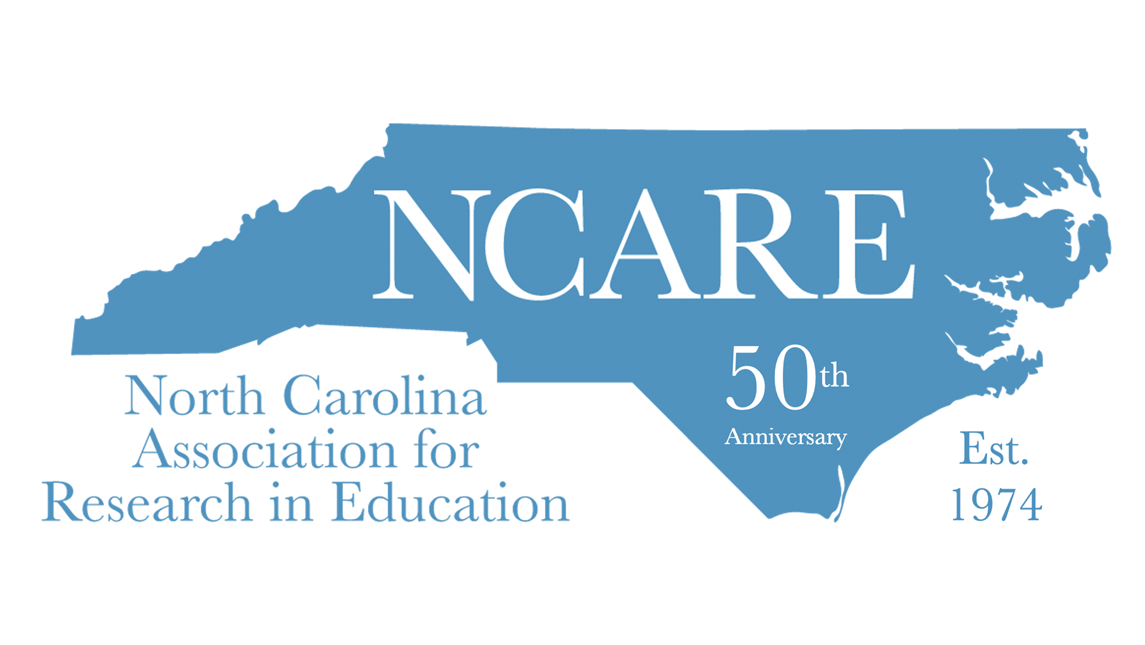A third-year doctoral student in the UNC Greensboro Department of Counseling and Counselor Education, J. Angel Dianna was recently selected as a recipient of the 2023 National Board of Certified Counselors Minority Fellowship, earning a $20,000 stipend.
Angel says that this fellowship will allow her to create connections with others in the field through the National Board of Certified Counselors (NBCC) and all-expenses paid conference experiences. She has already attended the NBCC conference in Atlanta and is planning to attend the Association for Counselor Education and Supervision (ACES) conference in Denver and the American Counseling Association conference in the spring.
The monetary component of the fellowship will allow Angel to complete the research necessary for her dissertation. She says, “Once I get that fully-fledged idea for my dissertation, which isn’t quite there yet, I will be able to pay participants. I’ll be able to pay for resources that I need to do the research, to do the data analysis. I’m hoping that it will also be starter money for a consulting business that I want to start. It’s not anything big right now, but I would like to do some sort of consulting for master’s counseling programs so that I can go in and assess how they are doing with DEI issues and better support them in making systemic-level changes.”
This work connects with the individual experiences that Angel has had during her educational career. Angel says, “This is deeply personal. I’m one of a few Asian-Indian counselors (in the area). At the time that I did my master’s program at Wake (Forest) there was nobody in the Triad, no Asian-Indian in the Triad. So, I felt very lonely as I was trying to figure out what my identity was as an Asian-Indian counselor, how I show up with my clients, how I show up in spaces where I didn’t have a role model for that. That was very deeply, deeply lonely. And I don’t want that for anybody else. I feel like this process is very much me doing a lot of hard work, lonely work for me so that people after me don’t feel lonely.”
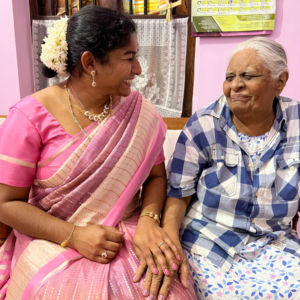
Her journey to UNC Greensboro and the state’s top-ranked counseling program was primarily family-focused. The daughter of immigrants, Angel was born and raised in Winston-Salem, N.C. She wanted to be educated close to her family and be available as a support system for them.
It did not hurt that the program has an outstanding history and strong reputation. She says, “This counseling program at UNCG is a really, really strong, amazing program that offers so much in terms of research, in terms of expertise within the faculty, in terms of supervision and teaching experience. I feel like I have grown so much in these past two years. I’ve grown so much because of this program. It has really pushed me in so many ways. I don’t think I would have found that just anywhere. It’s something special that UNCG offers.”
Angel currently practices at Full Life Counseling and Recovery in Winston-Salem and wants to continue to serve the Asian-Indian community in the Triad upon her graduation. She says, “There’s a large Indian community here, but not very many mental health practitioners. My whole goal is to have a multi-level approach to diversifying mental health care. Part of that is being an advocate for my community and serving my community, but also impacting counseling programs and seeing how we can better recruit and retain and support minoritized students so that we can have a diverse counseling population so that we can better serve diverse communities.”
The experiences that Angel is having at UNCG are leading her toward her goals, shaping how she wants to approach the field and be an advocate for others like her.
When speaking of the program and why others should enroll at UNCG, Angel says, “My idea is that our program attracts people who are of a certain mindset. And that mindset is towards bettering communities, bettering the world. You get so much really good support, especially from unexpected places and in unexpected ways. There’s so much wisdom within the faculty that I’ve had lots of curative healing experiences with faculty.
“I wouldn’t say that it’s an easy program by any means. With that difficulty, the faculty know, and the faculty and your colleagues are so supportive. I don’t think I would have been able to get through this program without the support of my faculty and my cohort. My cohort is so special to me.”
